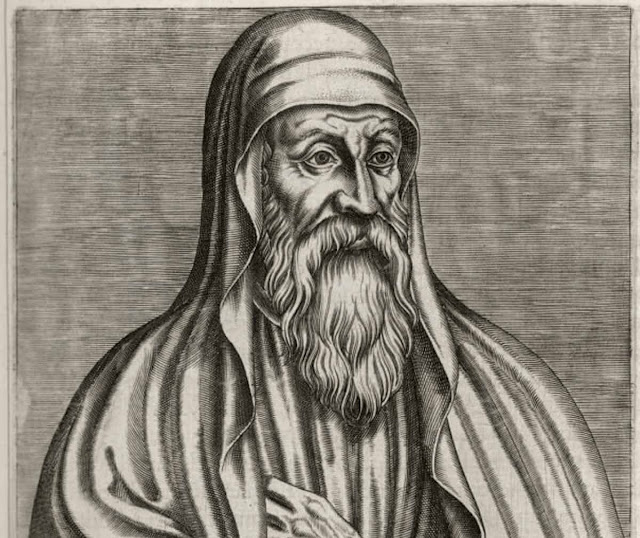Workshop proposal for Colloquium Origenianum Tertium Decimum
“Origen and Philosophy: A Complex relation”
Münster, August 17-20, 2021
Maximus the Confessor, Origen and Origenism
Conveners:
Vladimir Cvetkovic (University of Belgrade; vlad.cvetkovic@gmail.com)
Sebastian Mateiescu (Leiden University; z.s.mateiescu@phil.leidenuniv.
Among Maximus’ sources, Origen and Origenism is truly Janus-faced. One the one hand, Maximus inherits much of this tradition into his ascetical thinking, but on the other hand he seems to be shaping his entire Christological cosmology in stark opposition to it. However, since Sherwood’s and von Balthasar’s classical studies proving Maximus’ reinterpretation and correction of the Origenian myth of the fall and eschatology, scholarship has been also paying great deal towards unveiling Maximus’ debts to Origen and his legacy. Perhaps the recent major impetus for this trend comes from the increasing appreciation of Maximus’ Syriac life which places him in Palestine, a territory marked by Origenism during the sixth century. Seen in light of this, Maximus’ concern with Origenism is everything but episodic and something that Maximus would throw away completely after having climbed up it. This is why often Maximus’ corrections have nowadays come to be seen as reactions to eventually extreme local anti-Origenist theories rather than as arguments against Origen’s legacy per se. Yet, if we now cannot be content with a bold statement that Maximus simply rejects Origen and Origenism, should we then rather take the extreme alternative and see Maximus as a the true executor of the legacy who eventually is taking use of Origen to evaluate Origenism itself? Starting from these questions that show Maximus’ nuanced reaction and argument with Origenism deserves a more systematic inquiry, we are aiming to collect together new research into Maximus’ relation to Origen and his heritage broadly conceived.
We therefore invite abstract submissions covering Maximus’ relation to Origen(ism) in general but also proposals that deal with themes relevant for this link such as but not restricted to: time, eternity, creation, matter, motion, logoi, providence, eschatology, soul/body relationship, freedom, will, etc.
Abstract should be 200 words in length and should be sent to the email addresses above till 20 January 2021. Notification of acceptance: 27 January 2021.


.jpeg)

Comentarios